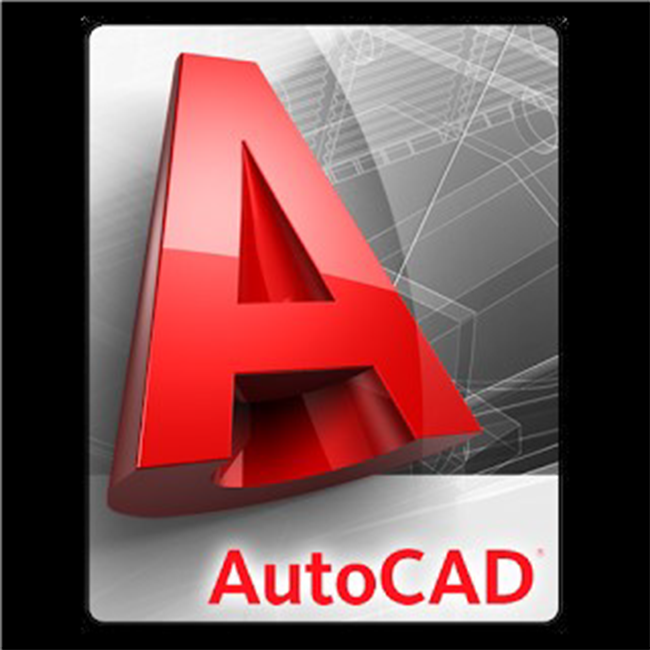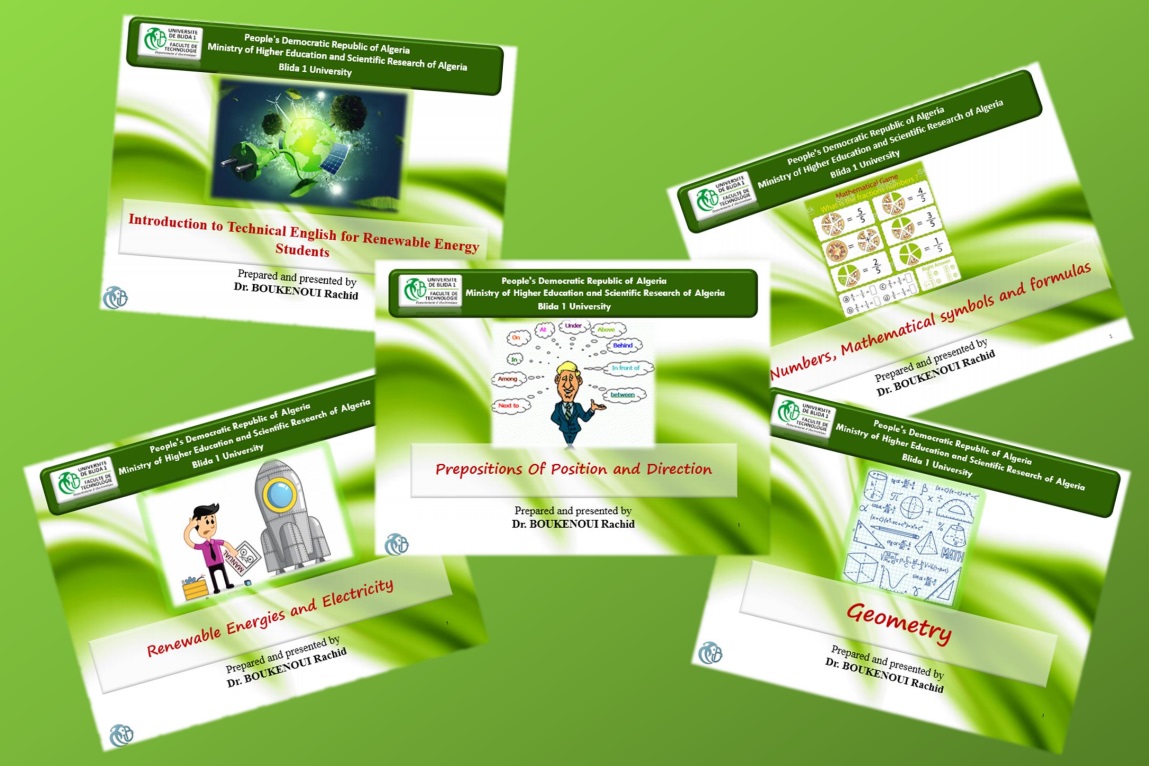S2

Ce module est destiné aux étudiants inscrits en Master 1, option Habitat, semestre 2 du Département des Énergies Renouvelables.
Son objectif est l’apprentissage du logiciel AUTOCAD.
- Enseignant: Driassa Noreddine
Support des résumés des cours de module : matériaux de construction .
ce support englobe le résumé des cours suivant : BÉTONS , CIMENT , BRIQUE , BOIS ,PLÂTRE
En raison du coût et durées expérimentales, la simulation est un moyen efficace pour mettre au point et étudier le comportement thermique des bâtiments en régime variable. Mais il est nécessaire de savoir ce que l’on cherche pour utiliser l’outil façon optimal.
L’informatique offre la possibilité d’effectuer des calculs qui seraient longe, fastidieux et répétitifs. La simulation doit permettre de valider rapidement des options fondamentale, d’explorer et de commencer à optimiser certain chois …..Un meilleur confort et des charges de fonctionnement moindre.
- Enseignant: SEMMAR DJAFFAR
- Enseignant: mehalaine koceila

What is Technical English for Renewable Energy Students (TERES)?
This course will help students in the field of Renewable energies (Master 1 and 2) increasing their knowledge of technical English and develop their vocabulary. It covers the core language and skills that students need to understand successfully all the existing technologies used to produce and store clean energy.
What is in TERES ?
TERES has two levels. Level 1 is for students with a basic knowledge of general English who require an elementary course in English for specific purposes. Level 2 is for students who have completed Level 1, or have an elementary knowledge of general English, and now require a detailed course about the existing sources of energy.
Level 1 is composed of four topic areas, which are:
1) Introduction to Technical English for Renewable Energy Students
2) Numbers, Mathematical symbols and formulas
3) Geometry
4) Prepositions Of Position and Direction
Level 2 (Renewable Energies and electricity) is composed of the following topics:
1) Conventional Energy
2) Renewable Energy
3) Hydrogen energy
4) Solar Energy and Photovoltaic
5) Thermal Energy
6) Biomass energy
7) Wind energy
8) Geothermal energy
9) Ocean Energy
10) Hydroelectric Energy
11) Storage Systems
12) Power and Electricity
13) Tools
14) Measurements and Units

